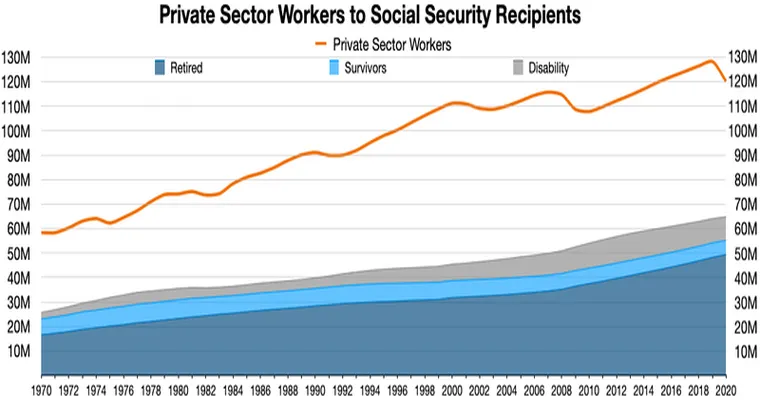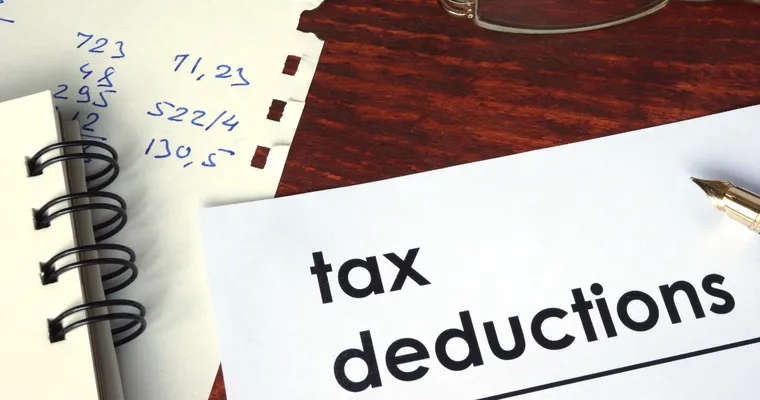When it comes to filing your taxes, one common question arises: "Can I claim my elderly loved one as a dependent on my taxes?" This inquiry is especially relevant for those who provide care or financial support to aging family members. Understanding the criteria for claiming an elderly loved one as a dependent can lead to significant tax benefits, including possible deductions and credits. In this article, we will explore the requirements and considerations involved in claiming an elderly relative as a dependent.
Understanding Dependency Requirements
To determine if you can claim your elderly loved one as a dependent, you must first be familiar with the IRS guidelines. The IRS outlines specific criteria that must be met, including the relationship, residency, income, and support tests.
1. "Relationship Test": The individual must be related to you in a qualifying manner. This typically includes parents, grandparents, and other direct relatives.
2. "Residency Test": Your elderly loved one must live with you for more than half of the year, or they must live in a nursing home or other care facility if you provide financial support.
3. "Income Test": The dependent's gross income must be below a certain threshold, which is adjusted annually. For the tax year 2023, the limit is generally $4,400 for most dependents.
4. "Support Test": You must provide more than half of the financial support for your elderly loved one throughout the year.
Benefits of Claiming an Elderly Dependent
If you qualify to claim your elderly loved one as a dependent, you can benefit from several tax advantages. These may include:
"Dependent Tax Credit": This credit can reduce your tax bill, making it financially advantageous to claim your elderly relative.
"Medical Expense Deductions": If you pay for medical expenses for your elderly loved one, you may be able to deduct those costs on your tax return, provided they exceed a certain percentage of your adjusted gross income.
"Caregiver Tax Credits": Depending on your situation, you may qualify for additional credits or deductions specifically designed for caregivers.
Special Considerations
While claiming an elderly loved one as a dependent can provide financial relief, there are some special considerations to keep in mind:
"Multiple Caregivers": If multiple family members are involved in providing support, only one person can claim the individual as a dependent. Communication and agreement among family members are essential.
"Filing Status": If you are married, your filing status may impact your ability to claim a dependent. Be sure to review how your filing status interacts with dependency claims.
"State Taxes": Some states have additional rules and benefits regarding dependent claims. It's important to check your local regulations to ensure you maximize your tax benefits.
Conclusion
In conclusion, claiming your elderly loved one as a dependent on your taxes can provide valuable financial benefits if you meet the IRS criteria. Understanding the "relationship", "residency", "income", and "support tests" is crucial for successfully navigating this process. If you believe you qualify, consider consulting with a tax professional to maximize your deductions and credits while ensuring compliance with tax regulations. By taking these steps, you can provide the necessary support for your elderly loved one while optimizing your tax situation.





